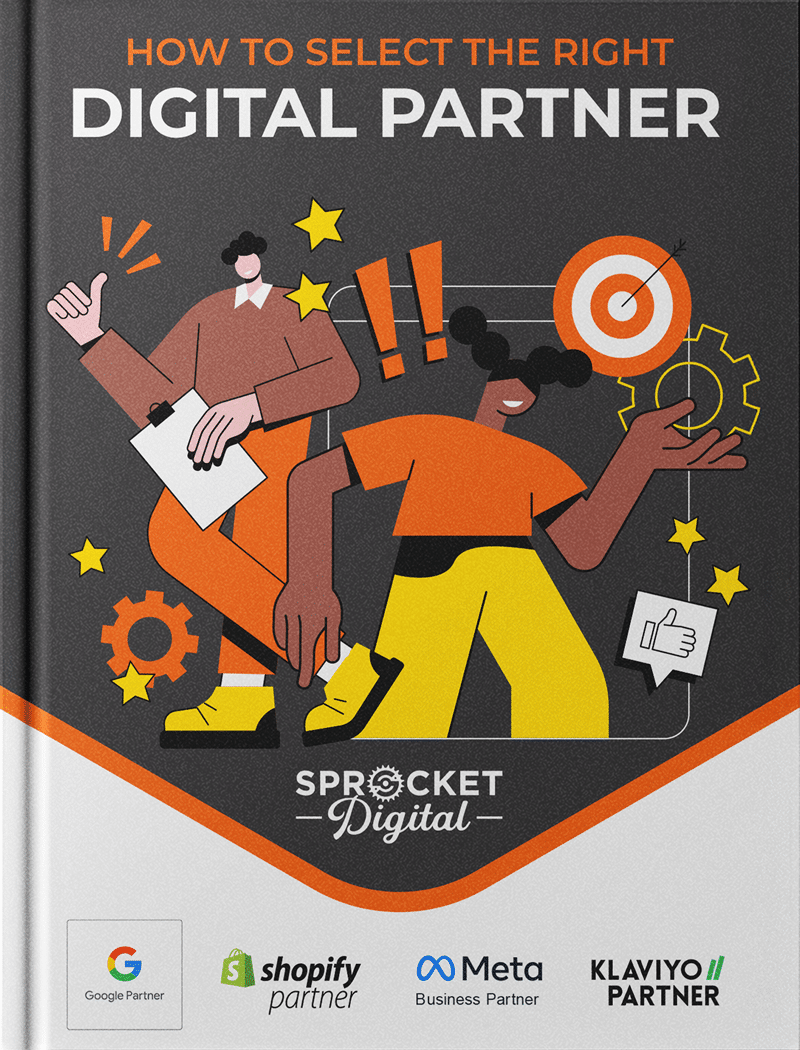Before you start-up or scale, these 3 questions can determine your success
Starting or scaling a business is exciting – you’re confident that you’ve found a winning product or service, and can’t wait to share it with the world and see it grow.
But beyond that initial launch, the longevity of your business comes down to how viable it is: what is your potential for long-term survival and profit?
Unless your business was purely created to capitalise on a timely trend, you’ll be keen to see it last beyond its first year. More than 40,000 businesses were created in NZ between April and December last year, yet Statistics NZ estimates that only 37% of startups still exist after 2 years.
While there are hundreds of unpredictable elements at play that determine whether a business will succeed or not, viability is one that you can control.
So what makes a business viable?
A viable business is (or has the potential to be) profitable, meaning it has more revenue incoming than outgoing.
If a business isn’t viable, it’s difficult to maintain operations without going into a deficit. Non-viable businesses must find ways to increase revenue and cut costs, but even then it may not be enough to see the business survive.
So how can you ensure from the start that your business is viable?
Three Questions to Ensure your Business is Viable
Viability is about much more than just incomings and outgoings. To have a viable business, you need to know how you fit into the market, what’s the demand for your product/service, and where you stand against your competitors.
The following three questions are not only essential for the overall success of your business, but also key for creating a strong and effective marketing strategy to take your business message to the world.
1. What is your Unique Selling Proposition?
What is it about your product or service that makes it so unique?
Ask yourself:
- Why would someone buy this, instead of something else?
- What can this product or service do for them?
- What problem does it solve?
A USP makes it easy for potential customers to understand what you do and why they should pay attention. You can think of it like an elevator pitch – if you had to distil down to a single sentence what you do and why it’s unique, what would you say?
In order to understand how your product or service is different from what currently exists in the market, you will first have to do some research (if you haven’t already) to understand what others are offering and where there are gaps that you can fill.
Need some help getting started? Shopify has a great resource about writing a strong USP, and several good examples.
2. What is your Competitive Advantage?
Going hand in hand with developing your USP, a viable business must also understand its competitive advantage and how to use it.
Ask yourself:
- Who are your direct competitors, and how can you outshine them?
- What about your business is an advantage you can capitalise on? E.g. your location, vision, unique business type, quality of service.
- Why would customers fall in love with your brand?
Your competitive advantage is what will help you to stay ahead of your competitors in the market, and remain a viable business. It answers the question: why should people buy from you?
Veer away from competing on price or specials, and instead look to something you can deliver sustainably over the long term: personalised customer service, unique proprietary systems, a great location, or an innovative product that can’t easily be replicated.
From the market research you did earlier, you’ll be able to see not only what’s being offered in the market at the moment, but what’s missing. Where the gap exists is where you can step in to own that space and gain an advantage.
3. Who is your Stable Customer Base?
Core to each of the above points is knowing who your customers are (or will be).
Ask yourself:
- Who is going to buy your product or service?
- What are their problems that I can solve?
- How do they find new products, and make decisions – how can I reach them?
A business lives and dies by the strength of its customer base – a business with no steady customers is not viable and will struggle to turn a profit.
Understanding who your target audience is allows you to not only know where to find them, but how to craft an offer that will engage and convert them into paying customers.
An accurate picture of who you’re selling to can give you confidence that your price and products match their needs, allowing you to more effectively scale up your business once that commercial interest has been proven.
Next Step: Nail Your Marketing Strategy
The answers you’ve created to the above questions will form the heart of your marketing strategy, directing your cross-platform messaging and audience targeting.
Getting the right message to the right people in the right way is key to generating results for your business such as increasing your revenue and building brand awareness.
Sprocket Digital are experienced at creating effective, efficient marketing strategies for startups and established businesses looking to scale. We know how tough it can be for small businesses out there, but we also know how great the potential is for many, if they get the right support to make it stick.
Ensure your Business Remains Viable
So you’ve got a great marketing strategy in place, you know your USP, your target customer base, and your competitive advantage, but how can you ensure your business remains viable in the long term?
Longevity relies on keeping your business’ financial house in order, so that you can weather the highs and lows as well as unexpected storms.
1. Cash Stability
This is the most important financial factor for successful businesses: having enough cash and assets for day to day operations, as well as protection against any of the regular ups and downs that are part of running a business.
As we learned from 2020, many business owners were caught off guard by the sudden lockdown and were not adequately prepared to ride out the alert levels. Hopefully we won’t be seeing that level of crisis again for some time, but it’s a worthy reminder of how quickly things can change.
Being cash-stable takes discipline. It’s a carefully planned move that ensures your business doesn’t over-extend during the highs times so it can survive through the lows.
2. Continued Financial Attention
To have the confidence of knowing that your business is viable now and in the future, you need to have an up to date awareness of your financial operations.
Business owners should be regularly updating, monitoring, and analysing their financial situation to ensure they’re on track, cash stable, and in a good position to continue and grow their operations into the future.



